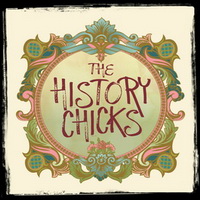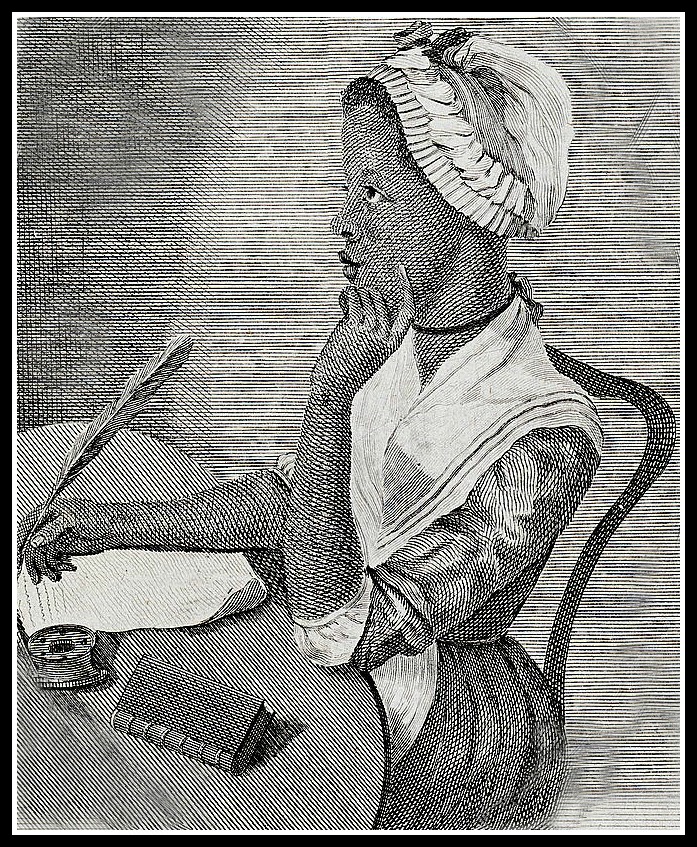
Phillis Wheatley was an accomplished poet and the first African American to have a book published. Her work chronicles Revolutionary War era America, focuses on the people she knew and explains the faith that she held dear. The fact that she was ripped from her family, sold into slavery and grew up in an unusual situation gave depth and a unique perspective to her work but, most importantly, makes her someone we all need to know.
Phillis was born to an unknown family, in an unconfirmed country, in an unknown year, and given an unknown name.
Thanks for listening! Bye!
Wait! Come back! Her first seven or so years weren’t documented until the day in 1761 when she arrived in Boston Harbor in the cargo hold of a slave ship, but after that, we know a lot. The tiny, frail girl was purchased by Suzannah Wheatley who (not so) cleverly named her after the ship that brought her to the American Colonies, who brought Phillis into the home she shared with her husband John, and 18-year-old twins, Mary and Nathaniel. The Wheatleys were quite wealthy and they raised unlike any of their, or most people’s for that matter, slaves.
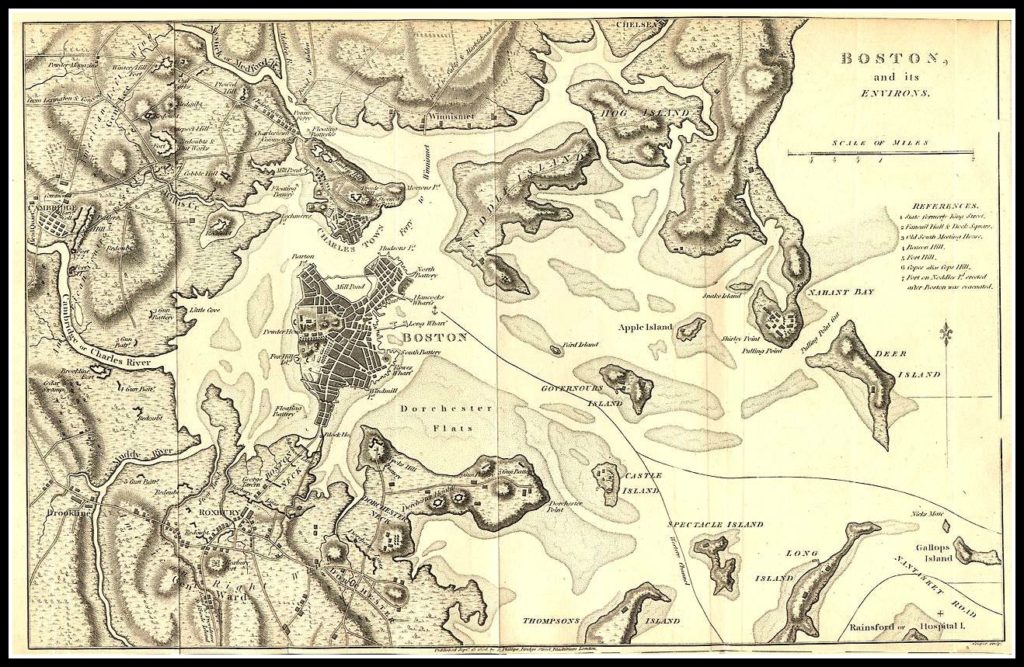
Boston during Phillis’ life (it was only four square miles, not the sprawling metropolis it is now.)
Her intellect was abundantly obvious to the Wheatley family who decided to educated Phillis at home. Within 16 months she was speaking, reading and writing English. She went on to study Latin, Greek mythology, geography, literature…and, oh boy, that girl knew her Bible. She was soon being taken on social calls with the Wheatleys and cultivating friendships of her own although, with one lifelong exception, they were all white people. What she wasn’t doing was the work of a servant. She was treated (“treated” we can’t forget she was owned by them) like a member of the family and her writing was actively encouraged.
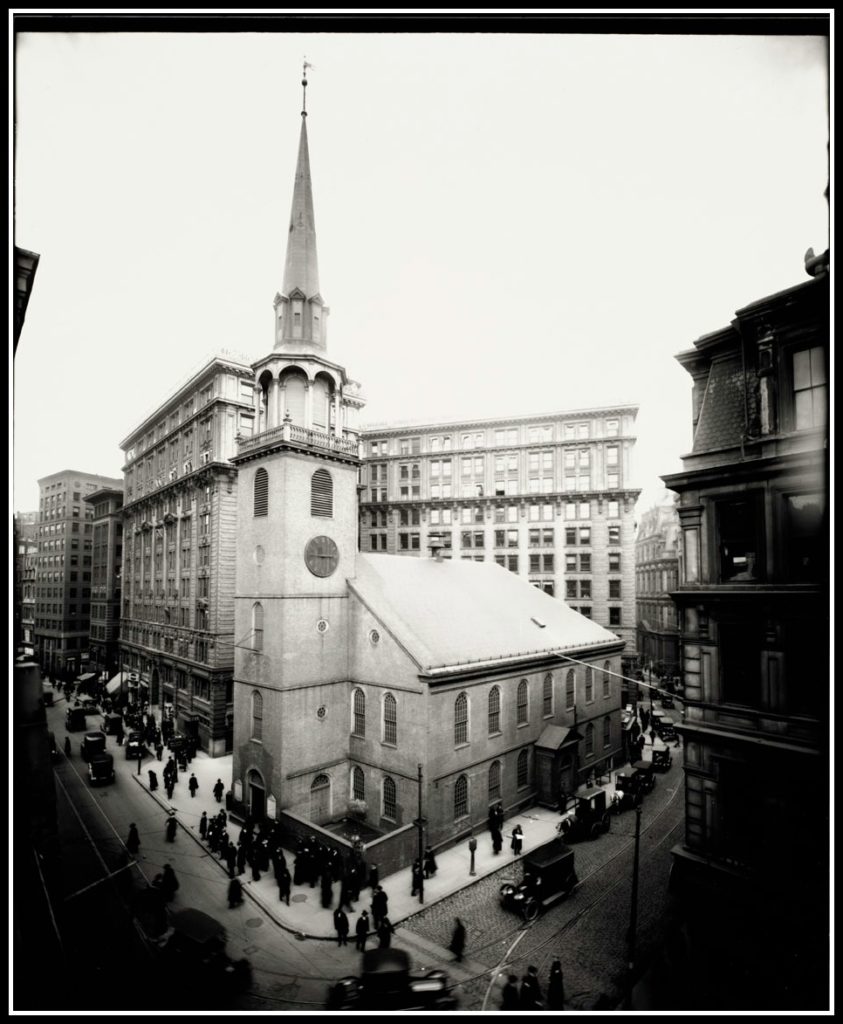
The Wheatleys raised Phillis with their Protestant beliefs and Boston’s Old South Meeting House was her former church. Photo courtesy of Boston Public Library, date unknown
By 12 she was writing poetry, within a year it was published in the paper and by age 17, her work caught the eye of an international audience. With Suzannah’s marketing and publicity skills, Phillis’ book, Poems on Various Subjects, Religious and Moral, was published in London. Phillis had traveled to England as a celebrated author and could consider Benjamin Franklin and George Washington among her admiring readers.
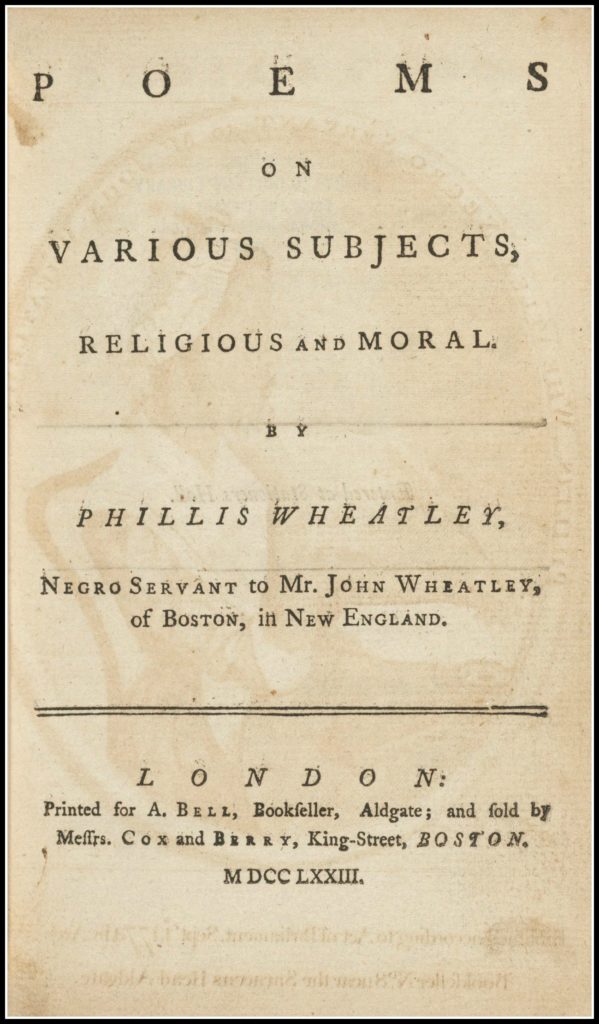
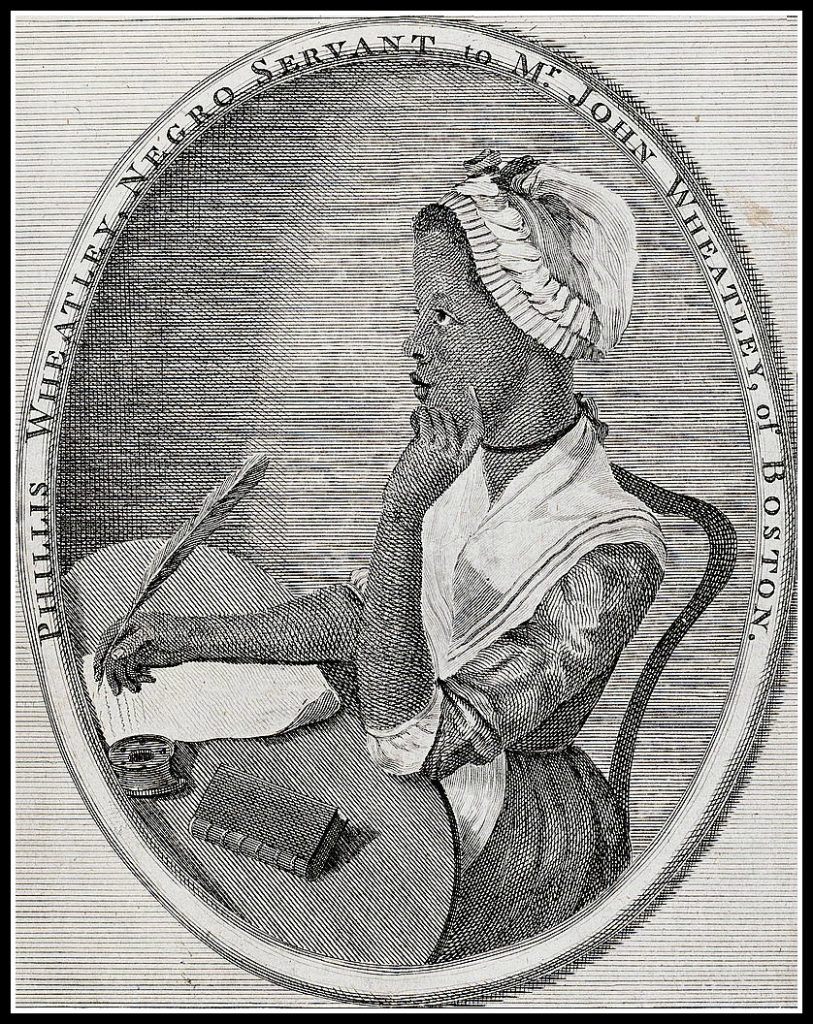
People who knew her said this portrait, the only one that exists, was a very good likeness. It was used in her book, but, sadly, her status as a slave was used as a marketing point.
When Phillis returned to Boston (although she could have legally self-emancipated in London) 65-year-old Suzannah was quite ill. Before she died, John and Suzannah freed Phillis and maaaaaybe Suzannah was able to hold Phillis’ book in her hands (the dates are too close to call it.)
From this point, the life of the celebrated poetess took a turn, and not for the better. She was able to publicly point out the hypocrisy of a society that screamed for freedom yet kept humans in bondage and forced service to them, but the rumblings of independence from British rule that had swirled around her for years ignited into a full-blown war.
First, Mr. Wheatley died, then his daughter. The only remaining Wheatley was living in England. Phillis was all alone without any support. She married John Peters, a freeman but the next six years of her life were filled with heartbreak: She gave birth to two children, who both died, she couldn’t get her second volume of poetry published, John wasn’t around, she was impoverished and frail. On December 5, 1784, 31-year-old Phillis died alone except for the child she gave birth to that day…who died shortly after she did. The two of them were buried together in an unmarked grave, someplace in Boston.
Her life was bookended by horrors no one should experience; for the majority of it she was considered the property of someone, but for a few glorious years Phillis lived an unusual life celebrated for the talents she freely shared.
The very least we can do is celebrate that life.
TIME TRAVEL WITH THE HISTORY CHICKS
BOOKS!
Of course, you have to read Phillis’ own work! Google Books has it digitized, or pick up a copy because you probably don’t have enough poetry on your bookshelf.
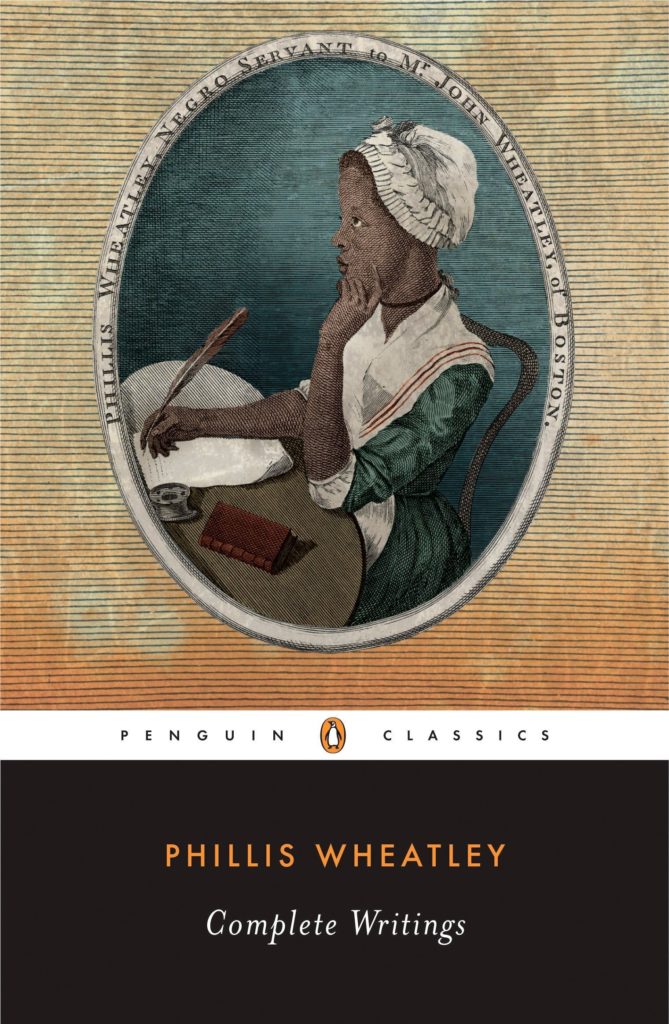
Biographies we recommend:
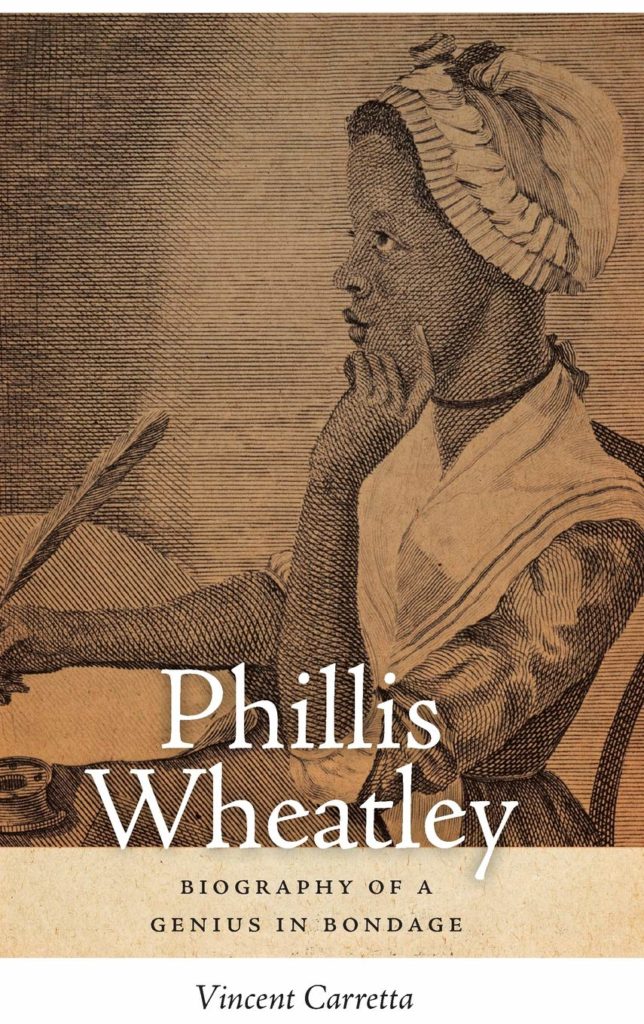
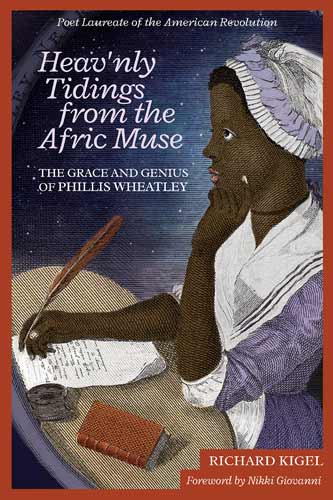
by Richard Kigel
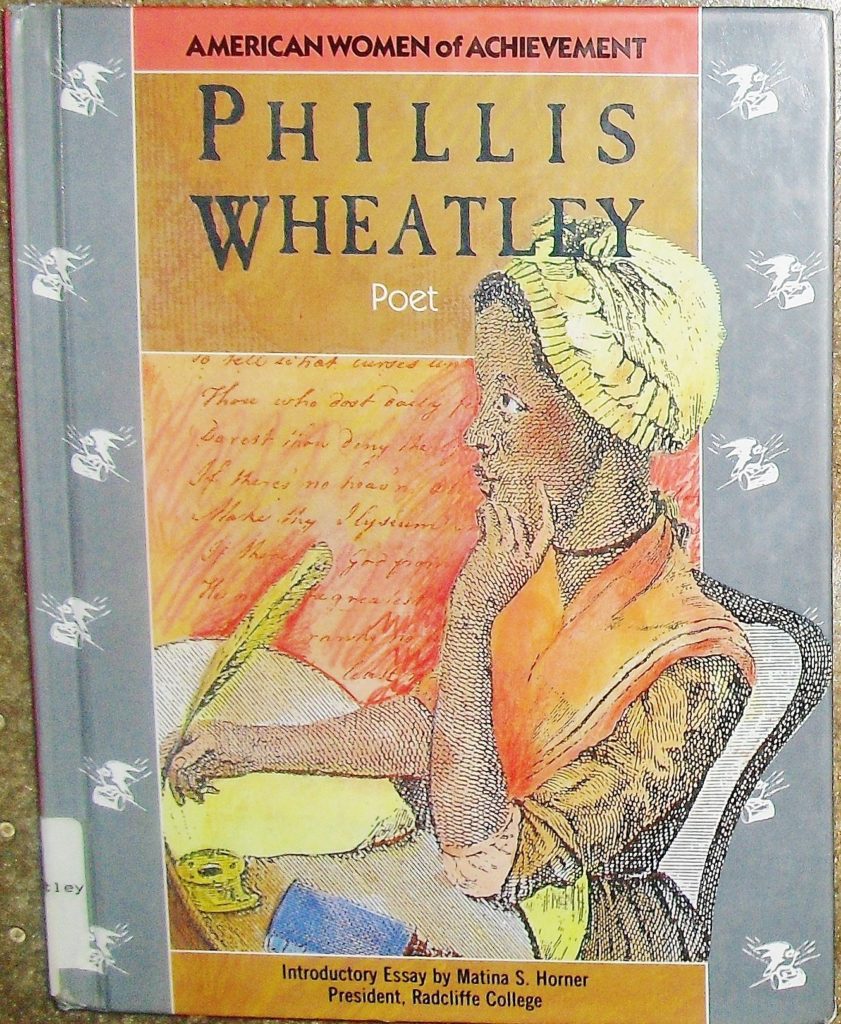
by Merle Richmond
Kid books we loved:
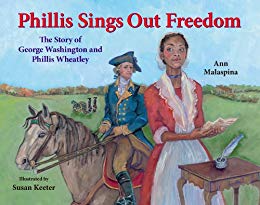
by Ana Malaspina, Illustrated by Susan Keeter
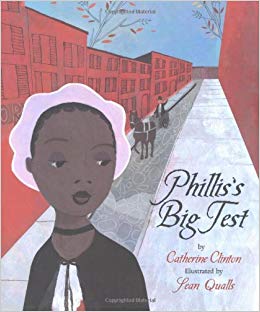
by Catherine Clinton, Illustrated by Sean Qualls
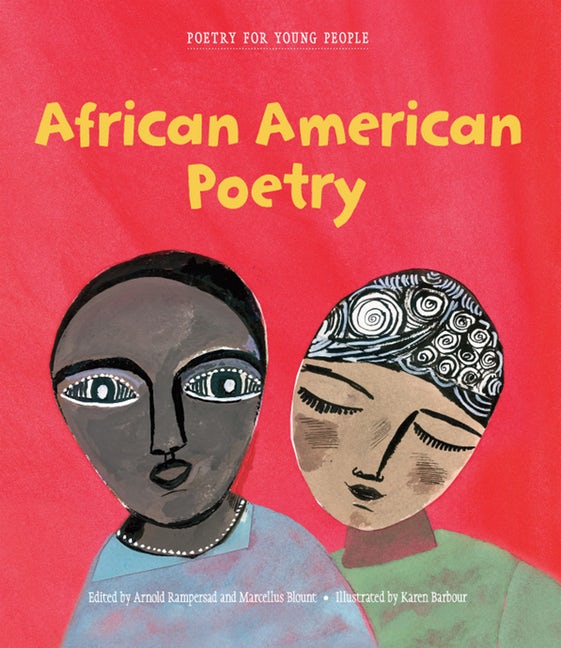
Read like Phillis! Her husband sold her precious copy, but you can get your own and hold onto it tightly!

by John Milton
Or read like Beckett:
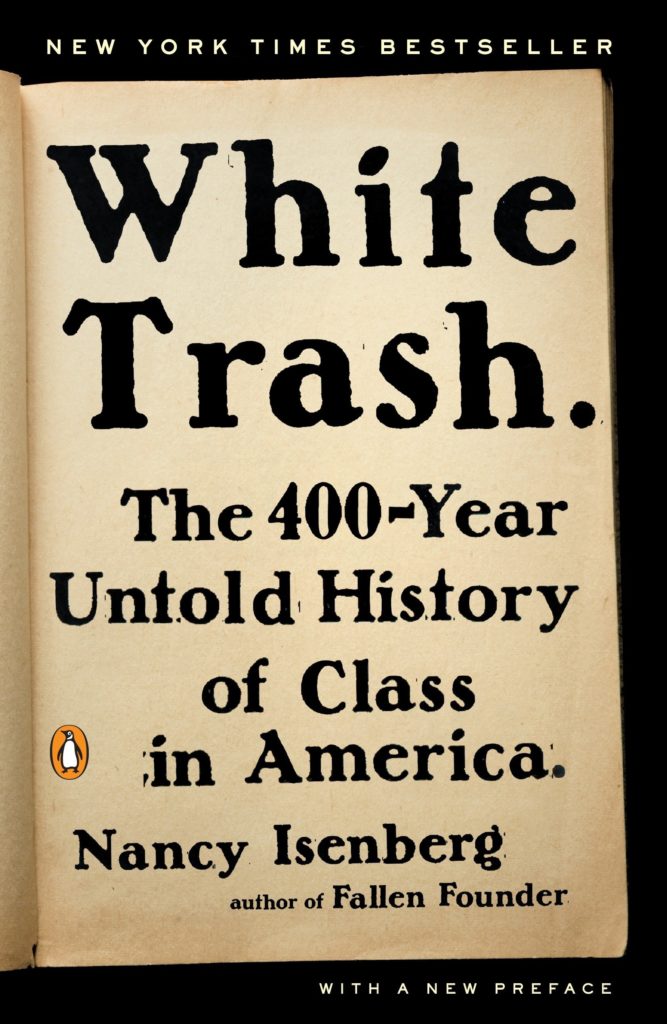
by Nancy Isenberg
WEB!
If you’re going to be in Boston, especially in August of 2019 when it’s Phillis Wheatley Day, check out the Old South Meeting House and stand where Phillis stood. (Which you could do all over that city, if we’re being honest, colonial history is everywhere!)
The Massachusetts Historical Society has a lot of information including her correspondence, the Poetry Foundation will teach you about her work, and the National Women’s History Museum is amazing and needs our support.
How well can you identify the countries of the world? Here’s the quiz Beckett talked about:
End song, If These Walls Could Talk by Andre Rodriguez used with permission. Get it for yourself on Spotify or Amazon Music
This episode is brought to you by ZipRecruiter /historychicks and Care/of at TakeCareOf.com and use the promo code CHICKS50, thank you for supporting the companies that help to support us!


